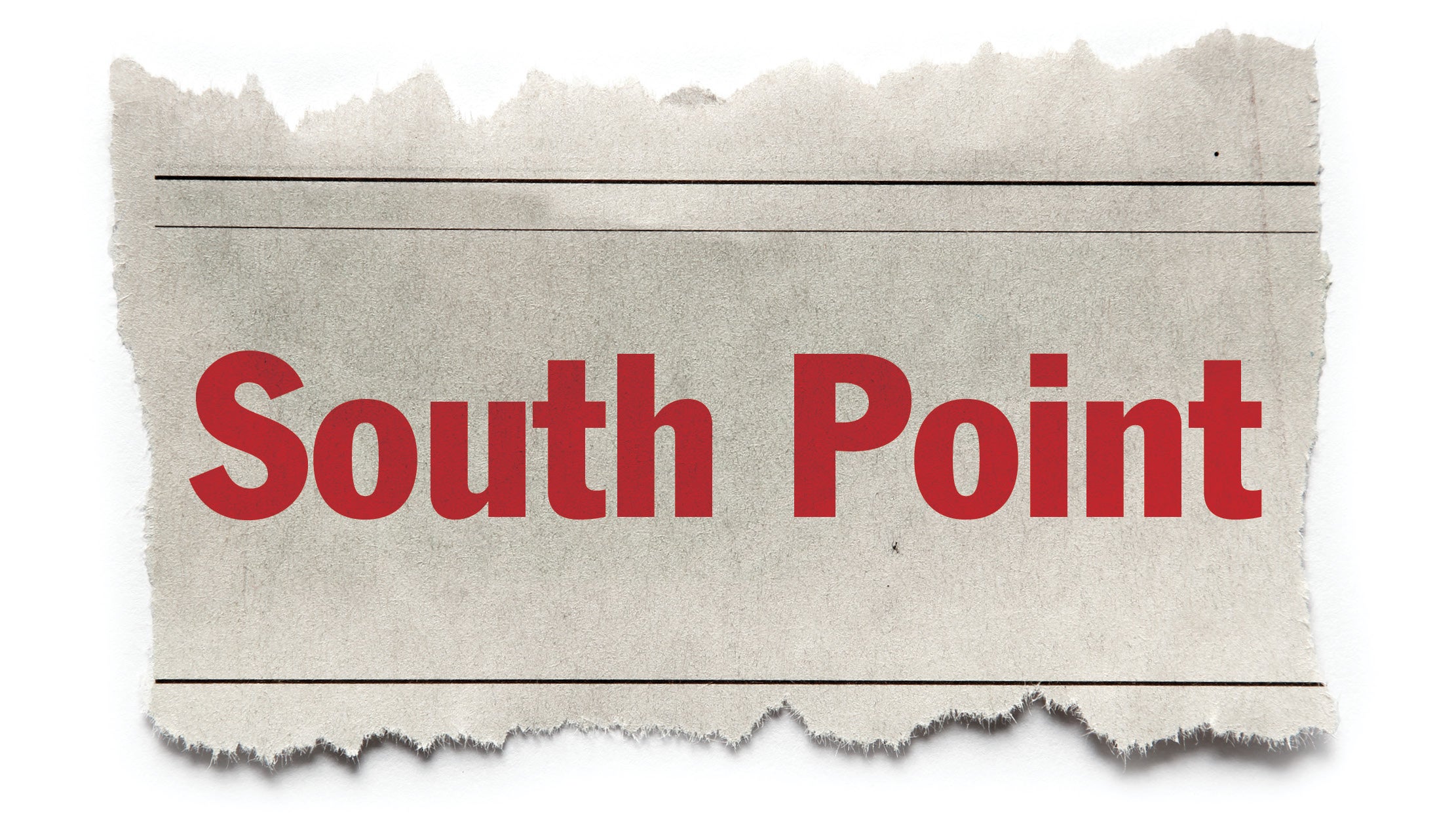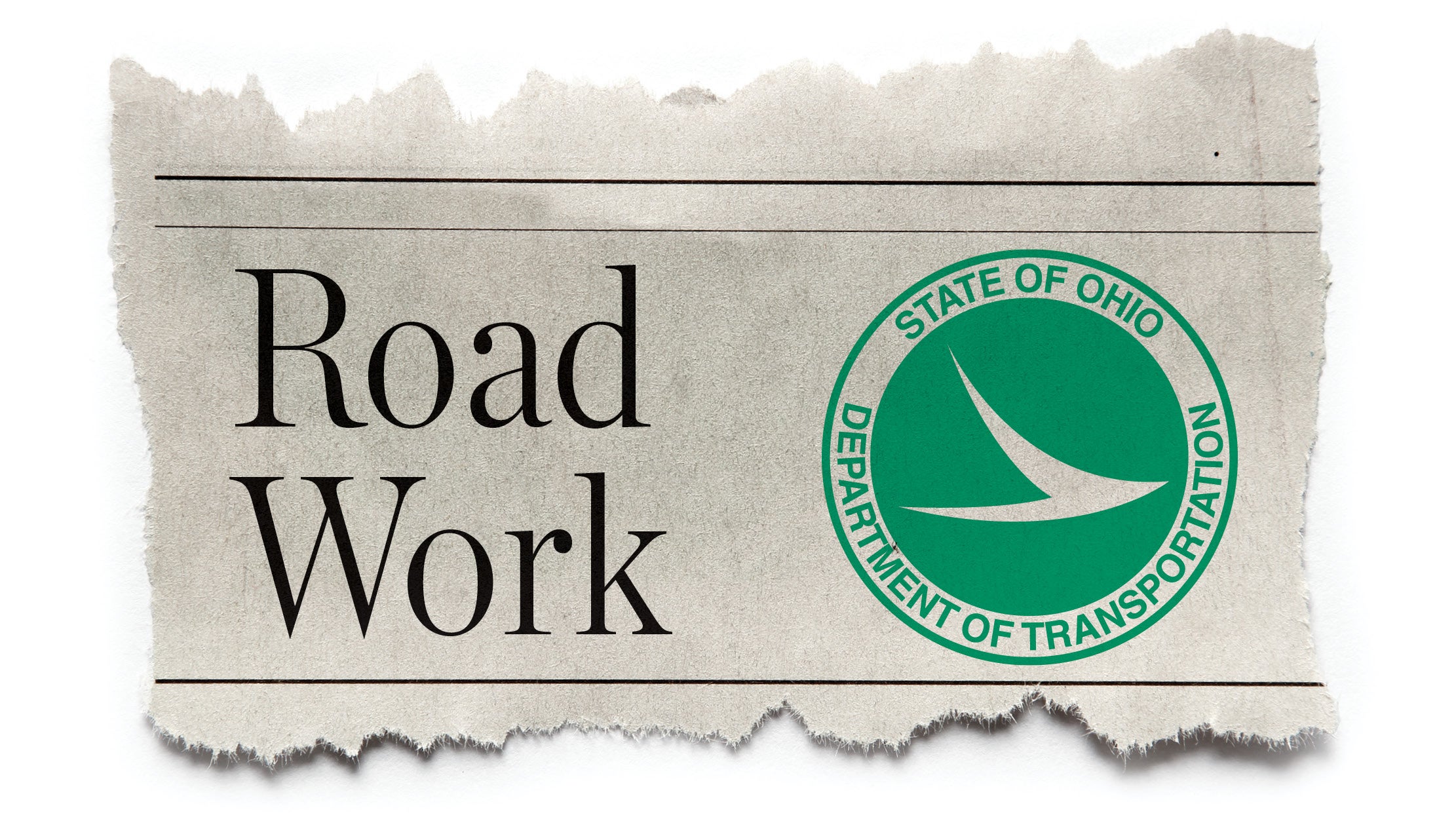Mayor: ‘This is crucial’
Published 12:19 pm Friday, October 17, 2014
Special meeting offers information about flood levy
To clear up any confusion and allow residents to ask questions was the purpose of a special-called town hall-type meeting on Thursday of Ironton City Council.
“It is crucial that this levy pass, which will maintain the floodwall and protect our city,” Rich Blankenship, Ironton mayor, said. “The purpose of the meeting is to share with the public how important this levy is and ask citizens for their support.”
This past July city council unanimously approved resolution 14-29, which proposes a five-year 2-mill levy to replace the current 1-mill levy. Ironton Finance Director Kristen Martin said it’s a measure the Lawrence County Auditor’s Office certified would generate $265,500 a year; nearly twice the current amount. The current 1-mill levy expires at the end of tax year 2015.
Blankenship provided an example of why voters should pass the levy by doing some simple math. He currently pays $32 annually and the replacement levy would increase that yearly amount by $58, for a total of $90 a year.
“I’d be glad to pay that because I know the protection the floodwall provides this city,” he said. “I know the protection it provides to me and my family.”
The first question posed to Blankenship was from council member Dave Frazer, who said he has been getting phone calls from people asking about the possible implementation of a fee by city council if voters choose not to pass the levy.
“If it fails I will be forced to ask council to implement a fee,” Blankenship said. “We don’t want to have to do that.”
The current 1-mill levy has been in place since 1940, the same year the floodwall and its accessories were built. The floodwall’s age, Blankenship said, and the lack of funds and manpower to provide mandatory upkeep has resulted in some deficiencies.
Randy Koerper, an Ironton contractor, asked Blankenship what deficiencies are plaguing the city’s floodwall system and which, if any, have been rectified.
“There are things like encroachment by not only buildings but also vegetation,” Blankenship said. “There are cracks that have caused some seepage and several other things like that. We have taken care of the ones we have the money and employees to take care of.”
Koerper also mentioned the money allocated to the city’s flood fund, which was on a handout detailing the city’s flood budget.
“Only $7,000 has been set aside for maintenance,” he said. “The rest is for salaries.”
Blankenship responded by saying the amount allocated for maintenance is so low because there is very little money available for maintenance.
“It’s just like anything else,” Kevin Waldo, vice mayor, said. “The older it gets the more care it requires and our floodwall project needs more maintenance.”
One of the more important factors surrounding whether the levy passes is the potential for the floodwall to be de-certified.
“If our floodwall loses its certification it will be just like it’s not there,” Aaron Bollinger, council member, said. “There will be mounds of dirt and we will be able to see it but if it’s not certified it’s as good as gone.”
Bollinger added he has heard that people with federally backed mortgages can expect to pay between $1,500 and $3,000 a year for mandatory flood insurance.
“I’m sure most people would rather pay another $40 or $50 a year for the replacement levy,” he said.
Council member Bob Cleary asked Jason Stephens, Lawrence County Auditor, to convey his thoughts on the levy not only as auditor but also as an insurance agent.
“If the floodwall is de-certified,” Stephens said, “homes with a federally backed mortgage would be required to purchase flood insurance. Flood insurance rates and coverage are set by the federal government. It is the same price and the same policy.”
It is in such instances, Stephens said, when the real estate market becomes totally different because people sometimes tend to not buy houses in an area where flood insurance is mandatory.
Jon Ferguson, executive director of Ironton aLive, asked Stephens if the same scenario could be applied to businesses that are looking to locate in the city, to which Stephens replied that it does.
Council member Craig Harvey lives on Eleventh Street and said the most inexpensive quote he got for flood insurance on his home was through the Federal Emergency Management Agency’s National Flood Insurance Program (FEMA NFIP). Using the levy calculator on Stephens’ website Harvey determined he would pay less than $20 a year.
“With a $2,000 deductible I would pay $3,620 a year for flood insurance,” Harvey said. “I think I’d rather pay an extra $19.70.”
A calculator is available for residents at www.lawrencecountyauditor.org that provides a comparison of what residents currently pay and what the increase would be if the levy passes.
Stephens also said to get flood insurance property owners have to provide a certificate of elevation, which is an out-of-pocket.
Waldo said that with the election just three weeks away spreading the word now about the levy’s importance is vital.
“People are dropping off absentee ballots all the time,” Waldo said.




